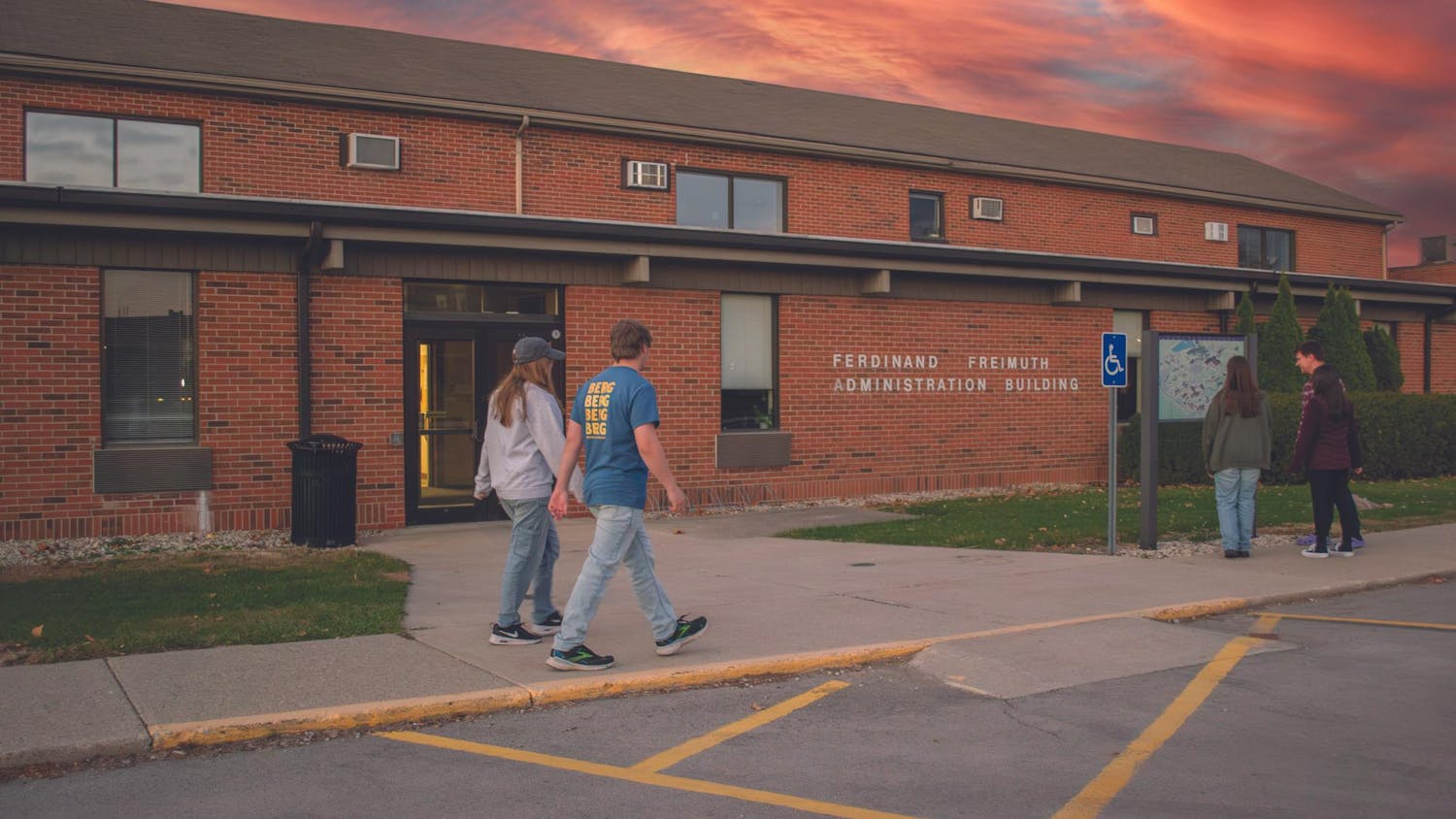So much happens outside Taylor, but what does any of it have to do with you? The world can seem like an overwhelming web of stories, and this column will help you find your place inside it. Sit down with me as we explore the bridges that connect us to the rest of the world.
By Abigail Pollock | Echo
You're a broke college student.
You work two jobs to pay your way through school and keep a close eye on your budget. But you're tired of worrying about every dollar you spend, and you miss the days when your family was your source of income.
So you sue your parents.
You take them to court and demand that, as their dependent, that they pay for your school, your living expenses, and your college education. Oh, and they have to pay your lawyer fees too.
As ludicrous as this seems, there is a court case in session now over this very issue.
Two days before she turned 18, Rachel Canning moved out of her home. Rachel claims she was kicked out by her parents, while her parents assert that their daughter chose to leave after refusing to respect the rules of the house.
Now she is suing her parents, claiming that although they disowned her, she is still dependent on them for financial support. She wants to live separately, but has not sought legal emancipation, which would free her parents from any formal obligation to her. In effect, she wants the best of both worlds: independence from her parents' rules and guidelines, but none of the responsibility of adult life.
Unfortunately, New Jersey state law might be on her side. According to the law, parents who are "financially capable" of paying for their children's college education are required to do so, as long as it can be proved that their children are dependents.
This law will create all kinds of abuses. It takes personal decisions about finances and family life out of the hands of individuals and puts them into the hands of the state. Additionally, the whole law seems to be based on the assumption that children have a natural, legal right to college education. However, college education is not a right. Earning a bachelor's degree, while highly beneficial, is a privilege experienced by less than a third of Americans under 30. Unless the state is willing to make free university education available to all, it should not have the power to mandate that parents provide college tuition to their children.
Not only that, but laws allowing children to sue their parents for financial gain create a dangerous precedent in society. If Rachel wins, it could lead to other dependents moving out of the house in order to get money from their parents. Of course there are some legitimately unhealthy home situations, and sometimes a child needs to be removed from the control or care of their parents. But excepting cases of abuse or neglect, valuable growth in areas like responsibility and conflict resolution occurs as children grow increasingly independent.
Our generation has been accused of being entitled, irresponsible and incapable of maintaining healthy personal relationships. Although my instinct is to defend my fellow millennials, incidents like this make me pause. Rachel Canning is a young American of privilege who severed her closest family relationships in a highly public and humiliating way without thought of the consequences. On top of that, she has the nerve to demand that her parents fund her newly "independent" life, believing herself to be entitled to money she has not earned.
Thumbnail photograph courtesy of CBS-New York.





